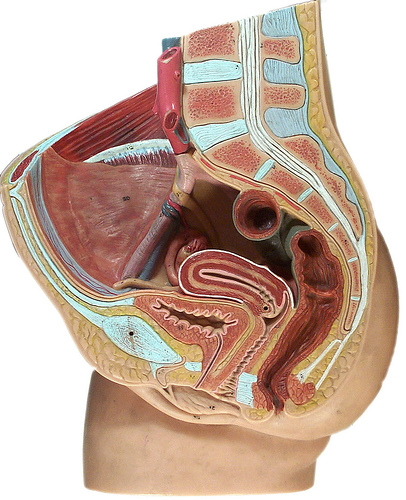Be honest, haven’t you ever worried when your period was late? That’s right, many women get desperate worried about the absence of menstruation at its expected time, don’t they? For women with irregular cycles, a late period isn’t that much of a surprise. But even so, a delayed period is a cause for concern among women, whether or not they want to get pregnant.
For those trying to conceive, a late period is a reason to celebrate! But knowing when it actually matters helps keep you calm and a little less anxious about waiting for the right day to take the test. Usually, a period is considered significantly late (and worth testing for) from the 5th day after the period should have come1. In the same way, for women who do not yet wish to have children but had unprotected sex, the 5th day of delay is a good time for a test. But what are the reasons that can cause a menstrual cycle to be delayed, then?
Reasons for menstrual delay
In most cases, the reason for a late period that isn’t pregnancy is some kind of hormonal alteration. The menstrual cycle is made up of three distinct phases:
- Follicular
- Ovulatory
- Luteal phase
Some women with irregular cycles may have a delay in starting the follicular phase (which stimulates the egg for the fertile period). This phase can really vary from cycle to cycle and from woman to woman. Some women take longer to stimulate the eggs, while others have a shorter period. This explains the variation from 21 to 35 days in different cycle types2.

Usually, the phase with a constant duration is the luteal phase. It always has the same fixed number of days in every ovulatory cycle—14 days. While women with regular cycles typically ovulate on the 12th or 14th day on average, women with irregular cycles may ovulate on any other day of the cycle and, consequently, a late period happens. That’s because the ovulation stimulation period took longer.
Another factor that contributes to a late period is the anovulatory cycle. In every cycle, we ovulate from one of the ovaries. They alternate—one cycle the right, the next the left. However, nature sometimes gives the ovaries a break, and there are cycles when neither of them works! These are called anovulatory cycles, and they can indeed delay menstruation. During this period, progesterone is low and estrogen is high. That’s why the woman does not ovulate and the phases we mentioned above do not specifically occur in this anovulatory cycle. A late period happens quite often in these cases.
Other external factors can also contribute to a late period, such as the use of contraceptives. Women who have used this medication recently or who have stopped taking it not long ago can experience a late period because they stopped the medication3. Of course, it all depends on each woman’s body and how it adapts without the medication. Another factor is whether the medication was taken orally or by injection. Yes, did you know the type of birth control can affect future menstrual delays?
Women who take injectable contraception tend to have more irregular cycles after stopping the injections. Why does this happen? Because the injectable medication is more concentrated than the oral medication. That’s why many women have issues with irregular cycles and delayed periods afterward when they decide to stop in order to get pregnant.
Stress, diet, lack or excess of exercise can also contribute to a late period. However, the most common and certainly the most hopeful reason for a woman is pregnancy! After all, a late period is the biggest sign that new life may be on its way. A significant time to take a pregnancy test is after a five-day delay. If your cycle is irregular, wait at least 20 days after unprotected sex before taking a home pregnancy test or blood test for hCG.
See also: Late Ovulation – Why and How It Happens












